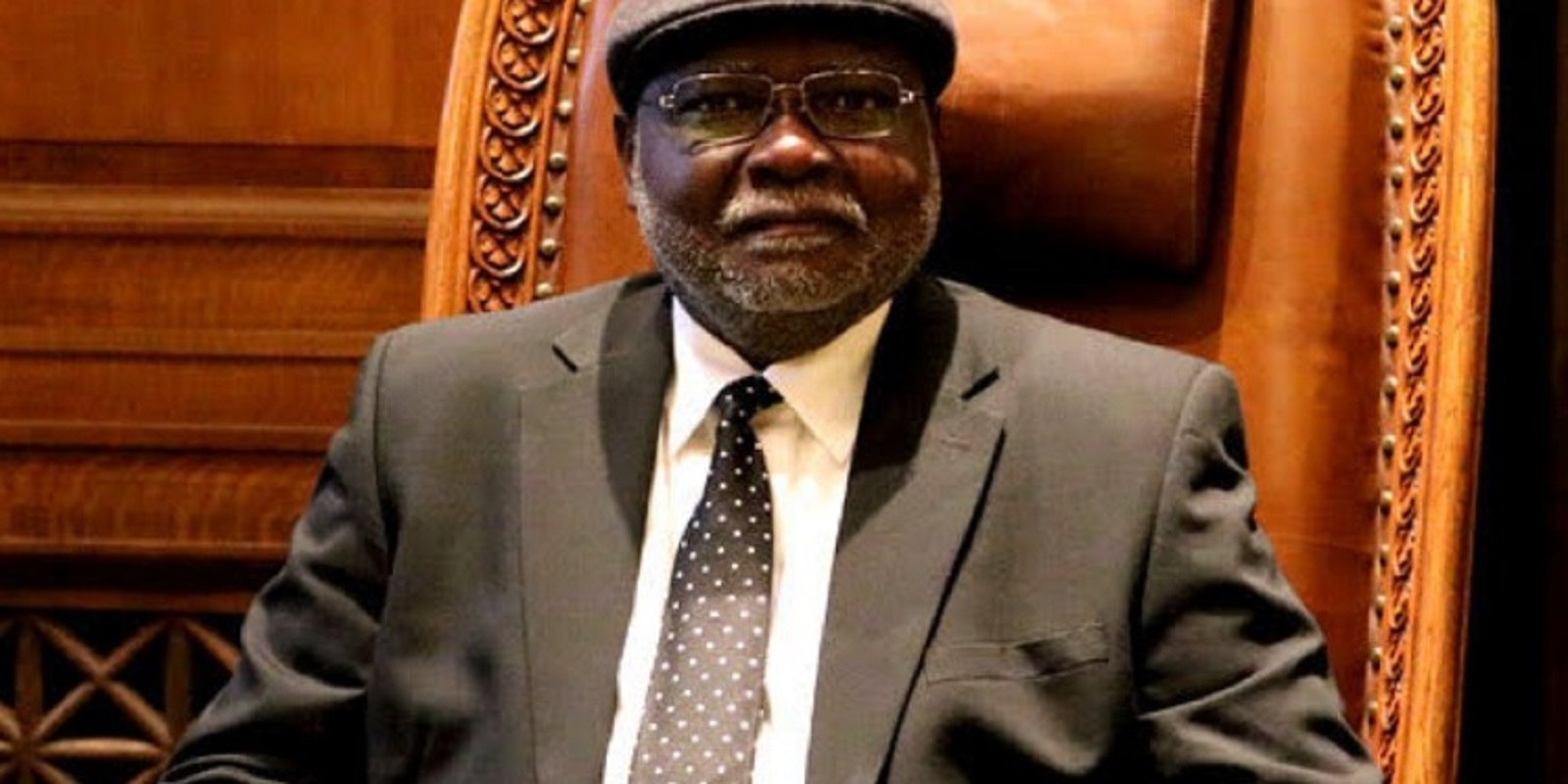CJN has given fresh directives on legal issues in the telecom industry.
NewsOnline Nigeria reports that the Chief Justice of the Federation, Justice Olukayode Ariwoola, issued a directive on Monday, urging Judges and Justices to stay informed about the latest developments in the telecommunications industry.
This, he emphasized, is essential to uphold the principles of impartiality in their adjudications.
The Chief Judge delivered his remarks at the 2023 National Workshop for Judges and Justices, focusing on telecom matters.
This event, organized by the Nigeria Communication Commission (NCC) in partnership with the National Judicial Institute (NJI), took place in Kano.
The workshop, with its theme “The Adjudication Path in a Digital Era,” was seen as a pivotal step in equipping judges and justices with the technical skills necessary to achieve their goals.
According to Justice Ariwoola, judicial officers need to be abreast of technological advancement because
- “Technology has fundamentally transformed how we communicate, access information and conduct legal proceedings.”
He said,
- “While technological advancement offers numerous benefits, it also introduces new legal challenges and digital interaction necessitates a comprehensive framework that balances individual rights, societal responsibilities, and of course corporate liabilities,
- “As judicial officers, we cannot deny the fact that information technology and telecommunication services have surpassed the conventional method of court services delivery as the use of the internet is becoming a prominent feature of this era with innovative and interactive influences on the public.”
The CJN also highlighted that the telecommunications sector now plays a pivotal role in contemporary legal processes and everyday existence, reaching far beyond the confines of the courtroom.
He said,
- “My Lords, it is also crucial to prioritize the examination of the convergence of data privacy and information security law.
- The enormous amount of data generated accumulated in the digital realm raises critical questions regarding privacy, security, and the protection of individual rights.
- “As judicial officers, you are responsible for carefully assessing the legal implications of data collection, storage, and utilization by striking a harmonious balance between fostering innovations and safeguarding privacy. Your Lordships will cultivate trust in the digital ecosystem while emboldening individual rights.”
More Insights
On his part, Professor Umar Danbatta, the Executive Vice Chairman of the Nigeria Communications Commission (NCC), underlined the NCC’s collaboration with the National Judicial Institute (NJI) to empower judges with knowledge about cybercrime and data breaches as they fulfil their duties.
- “This is essential to make informed decisions on a wide range of legal matters, ranging from cybercrimes and data breaches to privacy violations and intellectual property disputes.
- “It is envisaged that as more transactions are increasingly conducted online, issues bordering on rights, obligations, and liabilities and how they intersect with national security concerns will also arise.
- “As digital technologies continue to shape the way we communicate, conduct business, and share information, judges need to be well-versed in the intricacies of these systems to enable them not only to make just and equitable rulings and judgments but also contribute to maintaining public trust in the ever-expanding digital landscape,” the NCC boss added.














